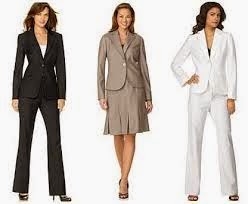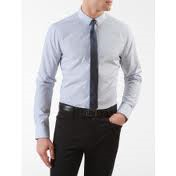
The wholesale market consists of literally thousands of
wholesalers, distributors, closeout brokers, importers, exporters, and jobbers,
all looking to supply resellers with the products that they need.
Since many of
the wholesale deals you will come across will seem to offer great resale
potential, you need to first determine which types of products are suitable to
your customer base.
Once you analyze the demands and needs of your customer base
you will be better equipped to make a better buying choice in terms of the
closeouts which you are offered. For example, if your customers are
professional women working as bankers in Nigeria, you will need designer
corporate suits by labels such as Tahari, Jones New York, and Calvin Klein. If the
shoppers to your boutique are young women looking to purchase footwear for an
evening out, then you will need brand name shoes by labels such as Nine West,
BCBG, and Rampage.
The key to succeeding in any resale business is having a
firm grasp on the type of merchandise that your clients are looking for. For
that matter, you should always consider those who purchase from you as your
clients.
Next, you want to analyze the purchasing power of your
clients. Depending on how much they can afford to pay for the wholesale fashion
which you carry you will then know how much you can pay for the merchandise.
You should not underestimate this figure since you will often be surprised at
how much people are willing to pay for the clothes, shoes, and handbags that
they want.

One easy shortcut is to visit the department stores in your
area and see for yourself what people are buying, and at what prices they are
buying those items for. You can also search online for fashion websites that
cater to your audience, as well as speak to the suppliers that you are
considering buying from. These suppliers want your long term business and will
advise you based on their experience in providing products to other resellers
in your city or country.
You are better off when possible to deal with
wholesalers that are already working with shops in your area since they will be
intimately familiar with the fashion sense and market trends of your shoppers.
The flip side is that if you find a really good deal that you believe is
suitable for your closeout market, you need to act on it before your
competition does.




































